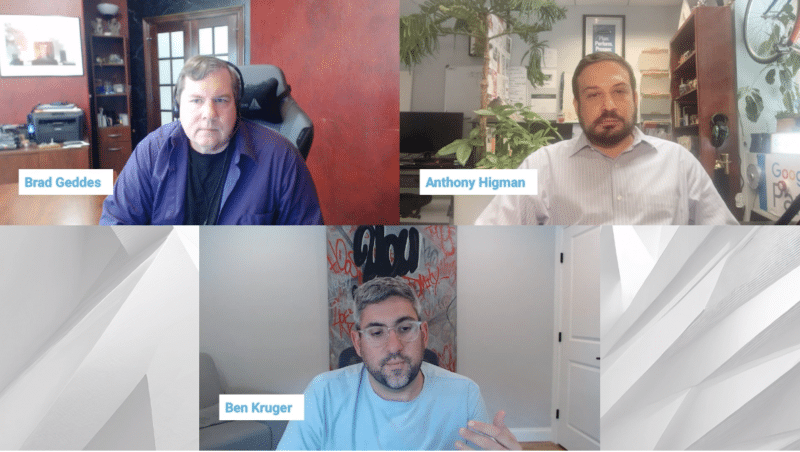
Navigating the Debate on Google Ads Automation: A Tactical Approach for Advertisers
As the digital landscape continues to evolve, so too does the debate among advertising professionals regarding the effectiveness of Google’s recommended strategies versus a more autonomous approach. This discussion, notably highlighted by Google Ads experts Ben Kruger and Anthony Higman, delves into the contrasting perspectives on methodologies such as Performance Max (PMax), best match types, automation, and advertising strategies. Understanding these insights is crucial for software developers, digital marketers, and SEO professionals who rely on these platforms for growth.
Kruger champions PMax as the future of Google Ads, suggesting that its advanced capabilities will help advertisers navigate the complexities of evolving advertising tools. He warns that ignoring PMax could result in falling behind, especially as traditional methods become obsolete. However, he emphasizes that PMax should be used in conjunction with targeted campaigns to ensure comprehensive ad performance. Conversely, Higman raises valid concerns regarding the lack of transparency within PMax, particularly for non-ecommerce brands. He argues that the push towards automation could diminish the availability of more precise, controllable advertising tools, which are essential for marketers operating on smaller budgets.
Another significant point of contention is the debate over match types. While Kruger advocates for broad match to capture long-tail search queries and broaden advertisers’ reach, Higman underscores the importance of exact match for maintaining control and precision in campaigns. This highlights a fundamental tension between expanding visibility and ensuring targeted, actionable results—a tension that resonates deeply with professionals in the digital marketing space.
When discussing automation, Kruger takes a balanced view, suggesting that while automation can catalyze growth, strategic control must not be neglected. In contrast, Higman advocates for maintaining control over campaigns to mitigate potential negative consequences associated with excessive automation, particularly in an era of increasing privacy regulations. This debate is not just theoretical; it has practical implications for PPC marketers as they seek a strategy that maintains both performance and accountability.
In the realm of Responsive Search Ads (RSA), Kruger encourages maximizing the diverse asset capabilities within RSAs to improve ad placement success. However, Higman argues for the effectiveness of Expanded Text Ads (ETAs), positing that RSAs should closely mirror existing ETAs to yield optimal results. This divergence illustrates the strategic choices that advertisers must navigate as they tailor their approaches to their specific needs and goals.
In conclusion, the dialogue between Kruger and Higman serves as a vital reminder of the complexities involved in Google Ads management. As automation becomes more prevalent, the need for a tailored strategy that meets individual advertiser goals, budgetary constraints, and growth aspirations is paramount. Marketers and developers must remain vigilant, adapting their approaches based on industry shifts and emerging tools.
For those looking to dive deeper into this insightful discussion, consider exploring the full video from their debate at the SMX Advanced event, offering a closer look at their divergent perspectives.
Additionally, the importance of utilizing URL Shorteners and link management tools cannot be overlooked in this context. These tools not only optimize tracking and performance analysis but also enhance overall campaign transparency, ensuring advertisers can effectively monitor their results in alignment with their chosen strategies.
#BitIgniter #LinksGPT #UrlExpander #UrlShortener #DigitalMarketing #PPCStrategies
Want to know more: https://searchengineland.com/google-ads-features-adopting-vs-hacking-445270

